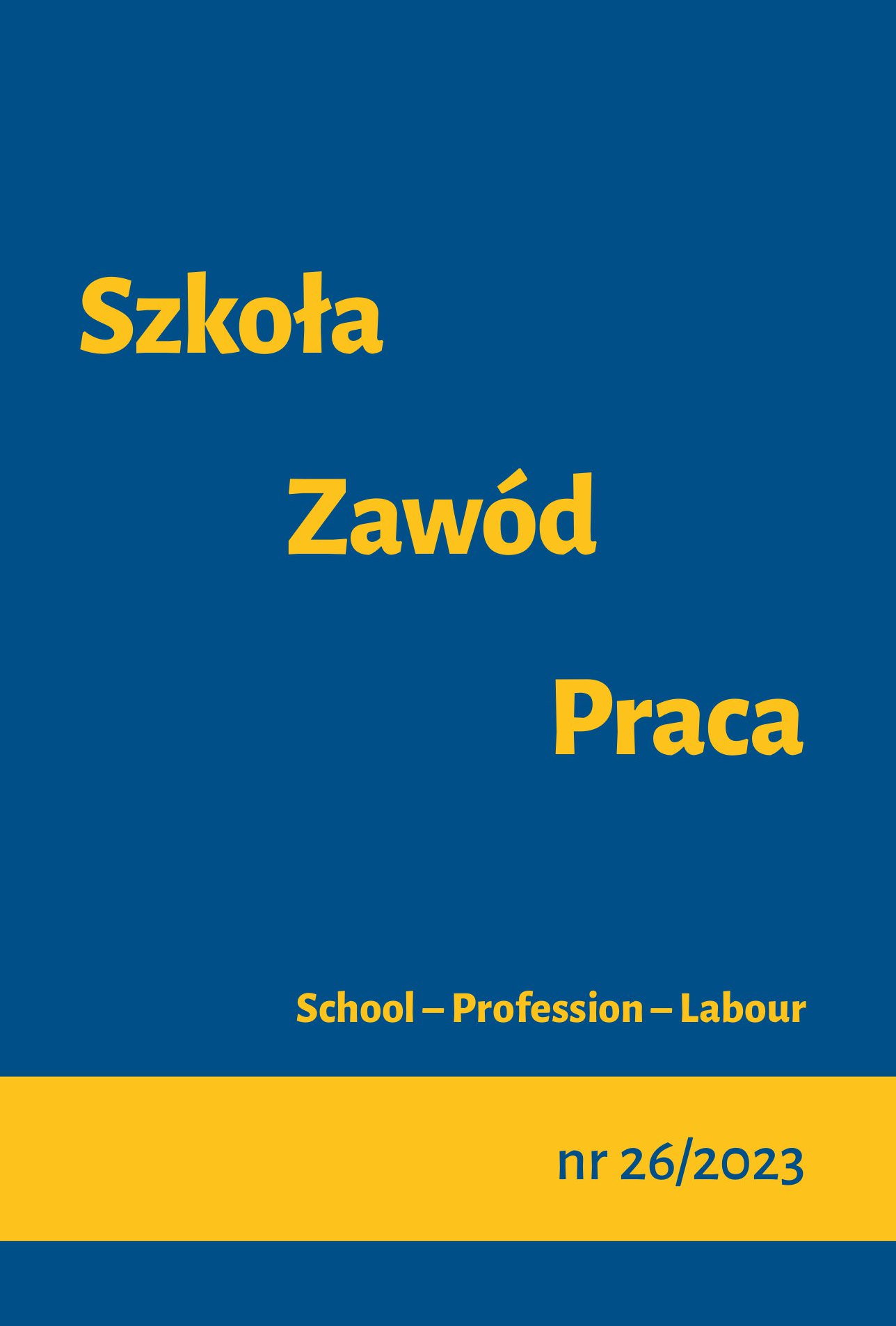Authority as perceived by representatives of generation Z
DOI:
https://doi.org/10.34767/SZP.2023.02.07Keywords:
authority, values, significant individual, Generation ZAbstract
In this paper a consideration of authority and how Generation Z people define authority was presented. Numerous definitional approaches relating to authority can be found in the literature. The article presents concepts of authority. The aim of the article was to present the perception of authority figures by representatives of Generation Z. The article presents the results of a study conducted in the fourth quarter of 2022. 258 people took part in the study. The survey method, a questionnaire technique, was used in the study. The tool was a survey questionnaire, in which, in addition to closed questions, respondents were asked to write a short statement on the topic: “What does the word authority mean to me?”. This paper presents the results of the research on the open-ended question. The subject of the research was the definition of the notion of authority by representatives of Generation Z. The aim of the research was to find out the understanding of the notion of authority by Generation Z representatives. The main research problem was posed in the question: How does Generation Z define the concept of authority? The research results obtained indicate that, for Generation Z, an authority figure is, among other things, a person worthy of emulation, possessing certain values, a role model, a trustworthy person, one who impresses, inspires, is worthy of respect, endowed with recognition, etc. The analysis of the open-ended question leads to the conclusion that young people have their own authorities, persons worthy of imitation. They also have a need for role models. Therefore, it can be concluded that in modern times we are not dealing with a crisis of authorities, but with a change in their perception.
References
Babbie, E. (2013). Podstawy badań społecznych, Warszawa: PWN.
Dudzikowa, M. (1996). Śmiech uczniowski jako wyzwanie pedagogiczne. (Konteksty pytań o autorytet nauczyciela). W: M. Dudzikowa (red.), Nauczyciel – uczeń. Między przemocą a dialogiem: obszary napięć i typy interakcji. Kraków: Impuls.
Jagielska, K. Autorytet zawodu nauczyciela w opinii studentów studiów nauczycielskich. Annales Universitatis Mariae Curie-Sklodowska. Sectio J Paedagogia-Psychologia, 34, 4 (2021).
Jarmoszko, S. (2010). Autorytet – kontrowersje i aksjomaty. Warszawa: Akademia Humanistyczna im. Aleksandra Gieysztora.
Kata, J. (2021). Rola autorytetu w kształtowaniu jakości życia młodego człowieka. W: A. Chrapusta, I. Skoczeń, S. Wronka (red.), Pomiędzy szacunkiem a odpowiedzialnością. Rola autorytetu w rozwoju osobowym człowieka. Kraków: UPJPII.
Łukasik, J.M. Znaczenie wzoru osobowego nauczyciela w kształtowaniu zawodowym adeptów. Annales Universitatis Mariae Curie-Sklodowska. Sectio J Paedagogia-Psychologia, 34, 4 (2021).
Mikołejko, A. (1991). Poza autorytetem? Społeczeństwo polskie w sytuacji anomii. Warszawa: „KeyTex”.
Olbrycht, K. (2014). O roli przykładu, wzoru, autorytetu i mistrza w wychowaniu osobowym. Toruń: Adam Marszałek.
Piorunek, M. (2020). Wzory osobowe, autorytety, mentorzy w dochodzeniu do dorosłości. W: A. Cybal-Michalska, M. Orłowska, M. Piorunek, Młodzież – meandry życia ku dorosłości. Dąbrowa Górnicza: Akademia WSB.


